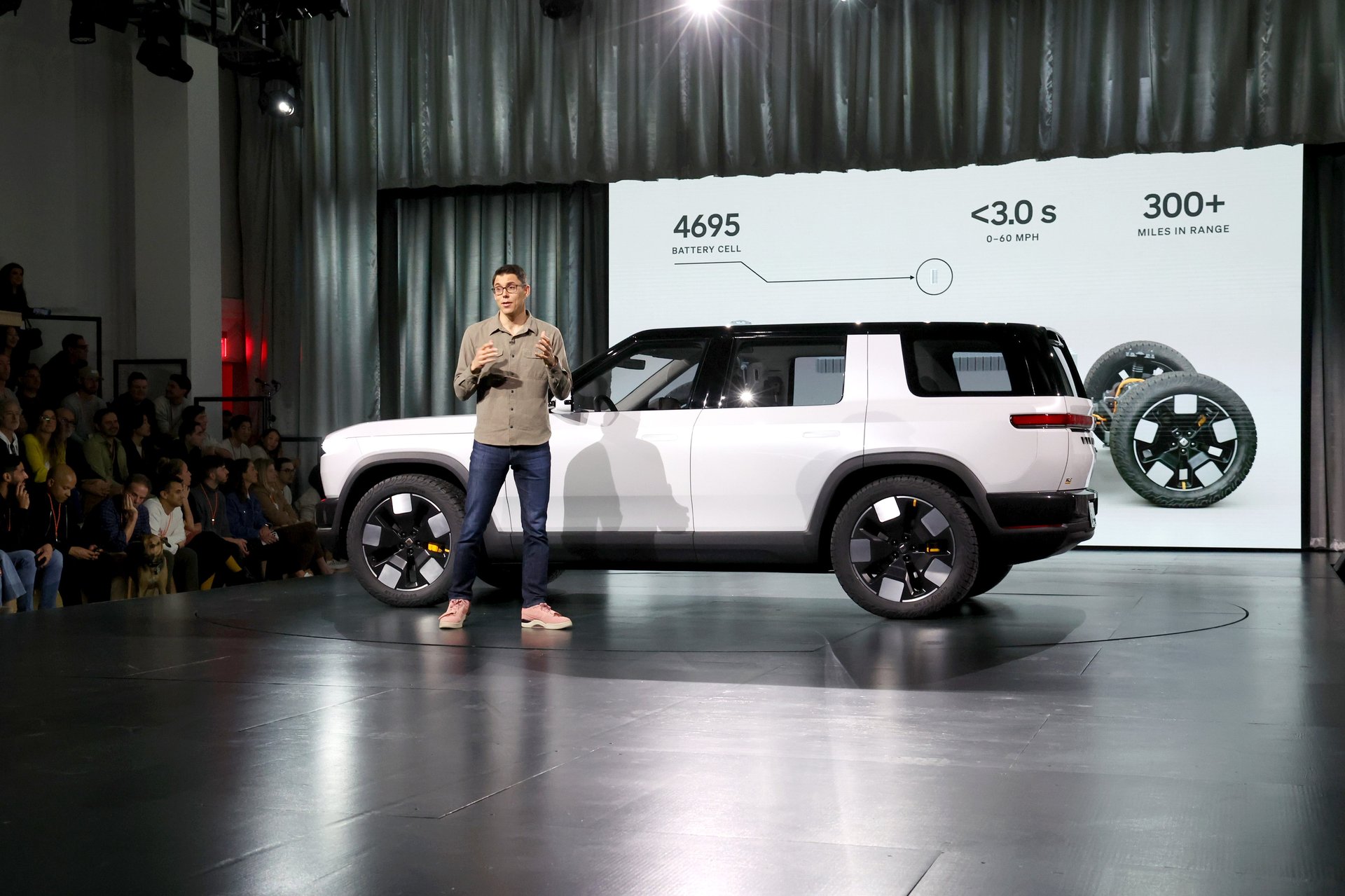America's partisan divide on EVs has caught car CEOs off guard
Conflict over the so-called "Biden-mobile" has held back electric vehicle sales

Although electric vehicles have become more popular in the U.S., there’s still a major partisan divide holding back the industry’s success. That’s come as a surprise — and annoyance — to many working on the tech, including automaker CEOs.
Suggested Reading
“I never thought the propulsion system on a vehicle would be [partisan],” General Motors (GM) CEO Mary Barra told CBS News over the weekend. “We’re not telling you what you have to have. We’re saying, if you want this, we have it.”
Related Content
Between 2012 and 2022, about half of new EVs were sold in the 10% most Democratic counties in the U.S., according to a working paper published last October. And although Republicans have become more willing to buy EVs in recent years, Democrats still out buy them, significantly, Pew Research Center found in June. Just 13% of self-identifying Republicans were interested in EVs, compared to 45% of Democrats.
Part of that is because of Republican messaging around EVs. Although some in the party have supported EVs — namely officials who live in California, the leader in EVs and home of Tesla’s (TSLA) Fremont Gigafactory — most have tied them to President Joe Biden’s pro-clean energy agenda. His Inflation Reduction Act (IRA) provides $369 billion in tax breaks and subsidies for EVs and other projects.
“The Republican is like, ‘They’re trying to ban gas cars — I’m not going to buy a Biden-mobile,’” Mike Murphy, the head of the nonprofit EV Politics Project, told The Washington Post in May.
Like Barra, Rivian (RIVN) CEO RJ Scaringe is also a bit baffled by how partisan EVs have become. While speaking at a The New York Times event Wednesday, he was asked about why he believes the cars have become such a hot-button topic.
“The question in itself is surprising that it is a question,” Scaringe, whose company makes electric trucks, said. “There’s no reason electrification should be a partisan issue,” adding that it’s happened because of “reasons that don’t really make technical sense or logical sense.”
Scaringe went on to say that there is an “unfortunate massive” amount of misinformation regarding electrification, pointing to a lack of understanding about the industry’s challenges and the battery supply chain. Some of the conservative sentiment against EVs can be traced as far back as the 2010s, when Tesla and Fisker benefitted from government loans, according to experts.
Although misconceptions about the industry have been around for years, they’ve been given a louder voice in the form of Former President Donald Trump, who has routinely spread misinformation about EVs on the campaign trail. That includes a bizarre hypothetical about about a sinking electric boat, electrocution, and a vicious shark, along with attacks on hydrogen-powered vehicles.
Trump has also repeatedly voiced an oil-lobby claim that recent Environmental Protection Agency rules that favor EVs are a “mandate” that bans gas-powered cars. If he is elected to a second term in the White House, Trump has promised to freeze the benefits of the IRA, including EV tax credits, something his ally and Tesla CEO Elon Musk thinks his company would benefit from.
